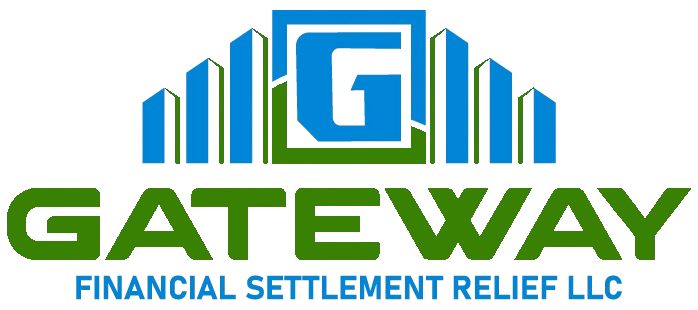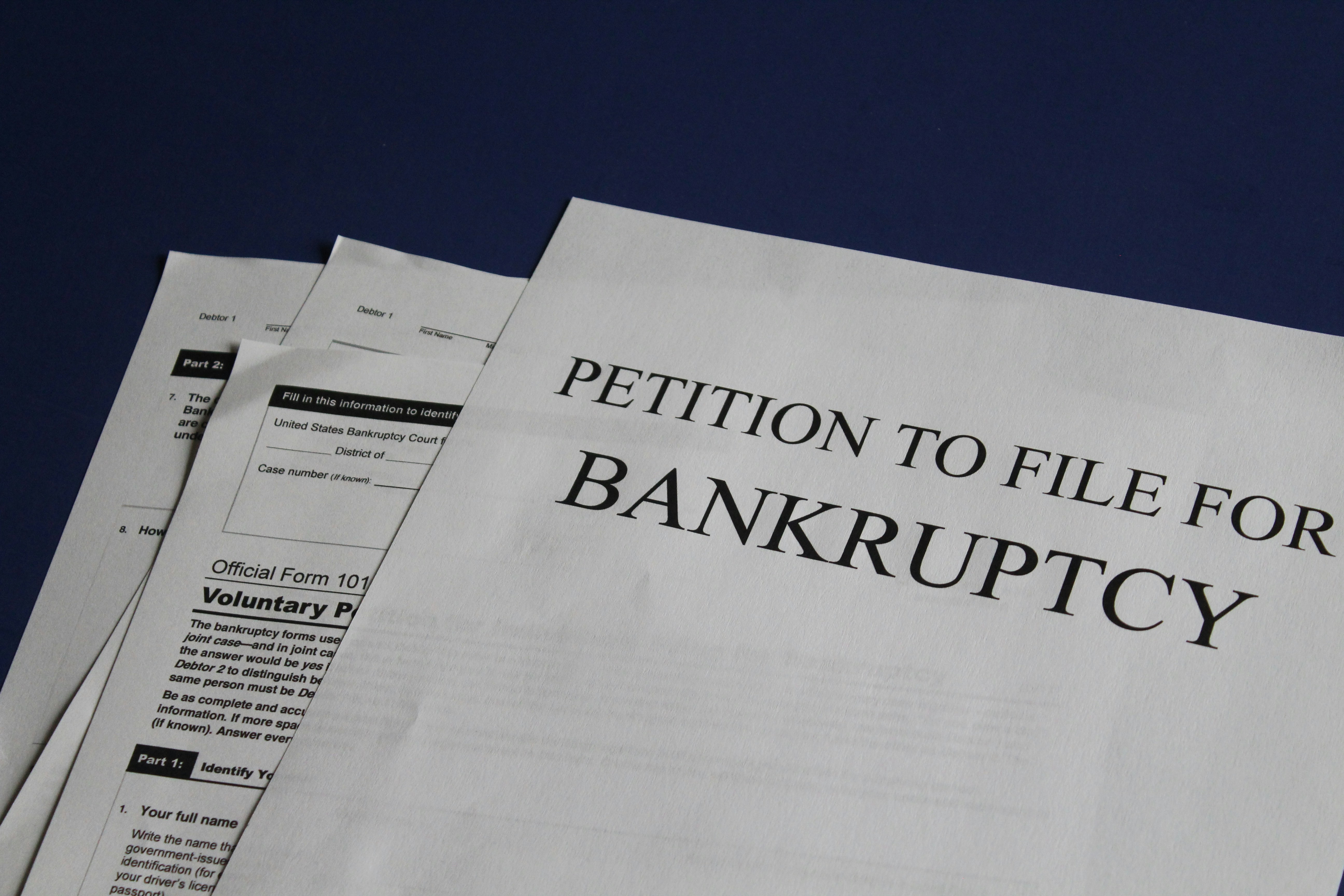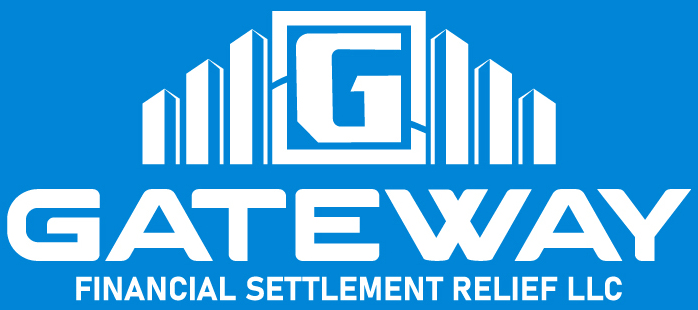Understanding Your Debt Situation
Assessing your overall debt situation is a critical first step in regaining financial control. Understanding the total amount of debt you have, alongside the various types of debts, provides a clearer picture of your financial landscape. The most common categories include credit card debt, student loans, medical bills, and personal loans. Each category often carries different interest rates, repayment terms, and consequences for non-payment, making it essential to categorize them accurately.
To determine the total amount of your debt, start by compiling a comprehensive list of all outstanding balances. This should include not only the principal amounts owed but also interest rates and any fees that may have accrued. By understanding the specific types of debts you carry, you can prioritize which ones require immediate attention. For instance, credit card debt, generally characterized by higher interest rates, might necessitate a more urgent response compared to a low-interest student loan.
The urgency of your financial situation should also be carefully considered. Are you missing payments? Are creditors beginning to contact you? These indicators can highlight the level of immediate concern that needs addressing. Understanding the psychological burden of debt is equally important, as it can have significant implications for your emotional well-being. Feelings of anxiety, stress, or hopelessness can accompany debt, making it important to consider professional assistance in navigating your situation.
Engaging with a financial advisor or credit counselor can provide clarity and support, guiding you through available options such as debt consolidation, settlement, or restructuring your repayment strategies. With the right help, you can take proactive steps towards alleviating the weight of your debts and gaining control over your financial future.
Recognizing When to Seek Professional Help
Managing debt can often feel like a daunting task, and recognizing when to seek professional assistance is a critical step towards regaining financial control. Several warning signs indicate that it may be time to consult with a qualified debt professional. One of the most apparent indicators is falling behind on payments. If you find yourself unable to meet your financial obligations and regularly miss payment deadlines, it is crucial to acknowledge that this could lead to severe consequences, including increased interest rates and fees.
Another red flag is feeling overwhelmed by bills. This could manifest as the inability to keep track of due dates, racking up late payments, or receiving collection notices. An ever-growing pile of unpaid bills can lead to significant stress and anxiety, hindering your ability to make sound financial decisions. By recognizing these signs early on, you can take proactive measures to seek help.
Furthermore, constant harassment from creditors is a serious indicator that professional assistance may be required. If you are consistently receiving calls or letters from creditors demanding payment, it is essential to understand that you need not face this alone. A professional can not only help you navigate the complexities of your debt situation but also provide strategies that aim to alleviate the stress caused by aggressive collection tactics. The earlier you seek help, the more options you are likely to have for managing your debts effectively.
In conclusion, being vigilant about the signs that signal the need for professional assistance can pave the way to a healthier financial future. Whether you are missing payments, feeling overwhelmed, or dealing with creditor harassment, recognizing these issues promptly can set you on the path toward effective debt management and financial stability.
Types of Professional Help Available
When facing insurmountable debt, seeking professional assistance can be a crucial step in regaining financial control. There are several types of professional debt assistance, each designed to cater to specific financial situations. Understanding these options allows individuals to make informed decisions based on their unique circumstances.
One of the most common forms of assistance is credit counseling. This service involves a consultation with a trained financial advisor who evaluates the individual’s financial situation, helping to create a budget and develop a plan for managing debt. Credit counseling is often the best starting point for individuals who need guidance without making drastic changes to their financial commitments. The pros include access to valuable resources and personalized advice; however, it may require individuals to still make payments toward their debts independently.
Debt management plans (DMPs) are another option. Offered through credit counseling agencies, these plans allow individuals to consolidate their unsecured debts into a single monthly payment. The agency negotiates lower interest rates with creditors, making repayment more manageable. While DMPs can simplify the payment process and reduce monthly obligations, they often require a commitment of 3-5 years, and they may have a negative impact on credit scores during that time.
Debt settlement firms provide a different approach by negotiating with creditors to reduce the total debt owed. This can lead to significant savings, but it typically involves making regular payments to the firm instead of directly to creditors. It’s important to note that debt settlement can have severe implications for credit ratings and may incur fees charged by the firm. It is best suited for those in severe financial distress who are unable to maintain regular payments.
Lastly, bankruptcy services represent the most drastic measure for those who cannot manage their debts. Filing for bankruptcy can provide a fresh start, either through Chapter 7 liquidation or Chapter 13 reorganization. While it can eliminate most debts and halt collection actions, the long-term impact on a credit score can be severe. This path is typically best suited for individuals facing insurmountable financial crises.
Each of these professional debt assistance options serves specific needs, enabling individuals to regain control over their financial futures.
Finding a Reputable Debt Settlement Firm
Choosing a debt settlement firm is a critical step towards regaining financial control. The process begins with thorough research, as understanding the landscape of debt relief options can help individuals make informed choices. Start by searching for firms that specialize in debt settlement, and assess their track records and years of experience in the field. A reputable firm will typically have a significant presence in the industry and demonstrate a commitment to ethical practices.
Accreditation is another vital factor to consider when selecting a debt settlement firm. Look for firms that are accredited by recognized organizations, such as the American Fair Credit Council (AFCC) or the Better Business Bureau (BBB). Accreditation not only indicates a level of professionalism but also adherence to accepted standards and practices. When researching, also seek out client testimonials and reviews. Websites such as Trustpilot or Consumer Affairs can provide insight into other clients’ experiences, helping you gauge the firm’s reliability and effectiveness in negotiating debt settlements.
Transparency is key when dealing with debt settlement providers. A dependable firm should clearly outline its processes, fees, and expected outcomes before starting the negotiation process. Inquire about any upfront fees, which could be a red flag if they are unusually high. Additionally, avoid firms that guarantee results, as no legitimate company can ensure success in debt negotiations. Understand that debt settlement is a process that requires negotiation and may not produce immediate results. Keeping these factors in mind will aid in selecting a trustworthy debt settlement firm while steering clear of potential pitfalls in the process.
Preparing for Your Initial Consultation
Meeting with a debt professional can be a pivotal moment in your journey toward regaining financial control. To ensure that your initial consultation is as productive as possible, preparation is essential. Start by compiling a comprehensive checklist of the necessary documents that will provide the debt professional with a clearer picture of your financial situation. This may include recent income statements, tax returns, and a detailed list of your current debts and bills. Specifically, gather statements related to credit cards, loans, and any other outstanding obligations, as these documents will help the professional assess your overall debt profile.
Additionally, it is critical to have records of any court documents related to ongoing legal actions concerning your debts, such as collection notices or bankruptcy filings. You may also want to include any prior communication with creditors, as these can be valuable during your consultation. Being organized by presenting your documents in a clear manner will facilitate a more effective discussion about your options.
Aside from documentation, preparing questions to ask during the consultation is equally important. You might inquire about the different types of debt relief options available, including debt management plans, negotiation strategies, or even bankruptcy if applicable. Ask about the professional’s experience in helping clients with similar circumstances, as well as their fees and the expected timeline for resolving your debt issues. Formulating questions in advance will not only demonstrate your commitment to tackling your financial challenges but will also allow you to gain the most useful insights from the meeting.
In conclusion, thorough preparation for your initial consultation with a debt professional can significantly enhance your experience. By compiling the necessary documents and formulating pertinent questions, you set the stage for a productive dialogue that can lead you toward a clearer financial future.
Understanding the Debt Settlement Process
The debt settlement process is a systematic approach designed to help individuals reduce their outstanding debts through negotiations with creditors. Initially, individuals seeking assistance will assess their financial situation, identifying the total debts and the creditors involved. The next step typically involves contacting a debt settlement company, which will serve as an intermediary between the debtor and the creditors. These professionals are knowledgeable in the intricacies of negotiation and can often achieve reductions that debtors may find challenging to secure on their own.
During the negotiation phase, the debt settlement company will contact creditors to propose reduced payment amounts. Creditors are often open to these negotiations, especially when they recognize that a debtor may not be able to fulfill the original payment obligation. It is worth noting that this process can take anywhere from a few months to several years, depending on the amount of debt and the willingness of creditors to negotiate. Typically, most negotiations conclude within three to six months of initiating the settlement process, but various factors can influence the timeline.
While the benefits of debt settlement are significant, potential clients may harbor concerns and misconceptions. A common misconception is that settling debts leads to immediate financial relief; however, it’s crucial to understand that the process can sometimes negatively impact credit scores in the short term. Furthermore, some may believe that all types of debts can be settled; not all creditors participate in settlement negotiations, and certain debts, such as federal student loans, may have different rules. Therefore, it’s essential to have informed expectations regarding outcomes, timelines, and the overall impact on financial health when considering debt settlement as a viable option.
Managing Your Finances Post-Settlement
Successfully settling debts is a significant achievement that can bring a sense of relief and financial freedom. However, the journey does not end there; managing your finances after this milestone is crucial to ensure lasting financial stability. The first step is to create a comprehensive budget that reflects your new financial landscape. This budget should encompass all essential expenses, including housing, utilities, food, and transportation, while also allocating funds for savings and discretionary spending.
In addition to crafting a budget, it is essential to prioritize rebuilding your credit score. A positive credit history is invaluable when it comes to securing future loans or credit cards at favorable interest rates. To achieve this, individuals should aim to make timely payments on any new credit accounts and maintain low credit utilization. Regularly monitoring your credit report for inaccuracies is also advisable, as errors can adversely affect your credit score.
Furthermore, establishing an emergency fund can serve as a financial cushion to prevent falling back into debt. This fund should ideally cover three to six months’ worth of living expenses, safeguarding against unforeseen circumstances such as job loss or medical emergencies. By having this buffer, you’ll reduce the need for credit reliance during tough times.
Lastly, it is imperative to adopt habits that promote a debt-free lifestyle. This includes being mindful of spending and avoiding unnecessary purchases. Learning to distinguish between needs and wants can significantly contribute to your financial well-being. Educating yourself about personal finance and seeking out resources can further bolster your understanding and management. By taking these proactive measures, you can pave the way towards a sustainable, secure financial future.
Success Stories and Testimonials
Many individuals grapple with overwhelming debt, but with the right support, they can successfully navigate this challenging journey. Numerous success stories highlight how professional guidance can make a substantial difference in achieving financial stability. For instance, John, a former credit card holder, found himself in a cycle of debt due to unforeseen medical expenses. After seeking the assistance of a debt counselor, he learned how to consolidate his payments and prioritize his financial obligations. Within two years, John managed to pay off his debts and is now living a debt-free life, allowing him to save for future emergencies.
Similarly, Sarah, a single mother, was struggling to balance everyday expenses while managing her student loans. Overwhelmed and stressed, she turned to a debt resolution service, which provided her with tailored strategies designed to alleviate her financial burden. With the support and expertise of her consultant, Sarah not only negotiated a lower interest rate on her loans but also enrolled in several financial literacy workshops. Today, she shares her journey with others, inspiring them to seek assistance and regain control over their finances.
These testimonials corroborate the significant impact professionals can have on one’s financial journey. Many individuals report a newfound sense of hope after working with financial advisors who specialize in debt management. They emphasize the invaluable tools and insights gained through this collaboration, which have led to practical budgeting techniques and sustainable financial planning. Such transformations are a testament to the effectiveness of professional help in the debt settlement process. By reflecting on these stories, readers may find motivation to take the first step towards empowering their financial futures.
Resources for Ongoing Support
For individuals navigating the complexities of debt, accessing ongoing support is crucial for achieving financial stability. Numerous resources are available to help those in need regain control over their finances. Below, we highlight some reputable options that offer guidance and tools for managing debt effectively.
One significant resource is the National Foundation for Credit Counseling (NFCC), which provides access to certified credit counselors across the United States. The NFCC’s website features tools that enable individuals to locate a credit counseling agency nearby. Additionally, the site offers educational materials, budgeting tools, and workshops to enhance financial literacy. For more information, visit nfcc.org.
Another valuable asset is the Consumer Financial Protection Bureau (CFPB), which offers a comprehensive range of resources for consumers dealing with debt. Their website includes information about various aspects of debt management, including how to avoid scams. Furthermore, the CFPB provides useful guides on debt collection practices and consumer rights. More details can be found at consumerfinance.gov.
Local community programs also play a critical role in supporting individuals with debt. Local non-profit organizations often conduct workshops and seminars aimed at promoting financial education. These community-based initiatives may provide one-on-one counseling and workshops focused on budgeting and debt repayment strategies. A quick online search or visit to community centers may reveal options that cater to specific needs.
Lastly, many individuals benefit from support groups where they can share experiences and gain motivation from others facing similar challenges. Websites like Meetup.com or local community bulletin boards often list such gatherings. As individuals pursue the path to financial control, leveraging these resources and support networks can significantly aid in overcoming debt-related challenges, fostering a sustainable financial future.


